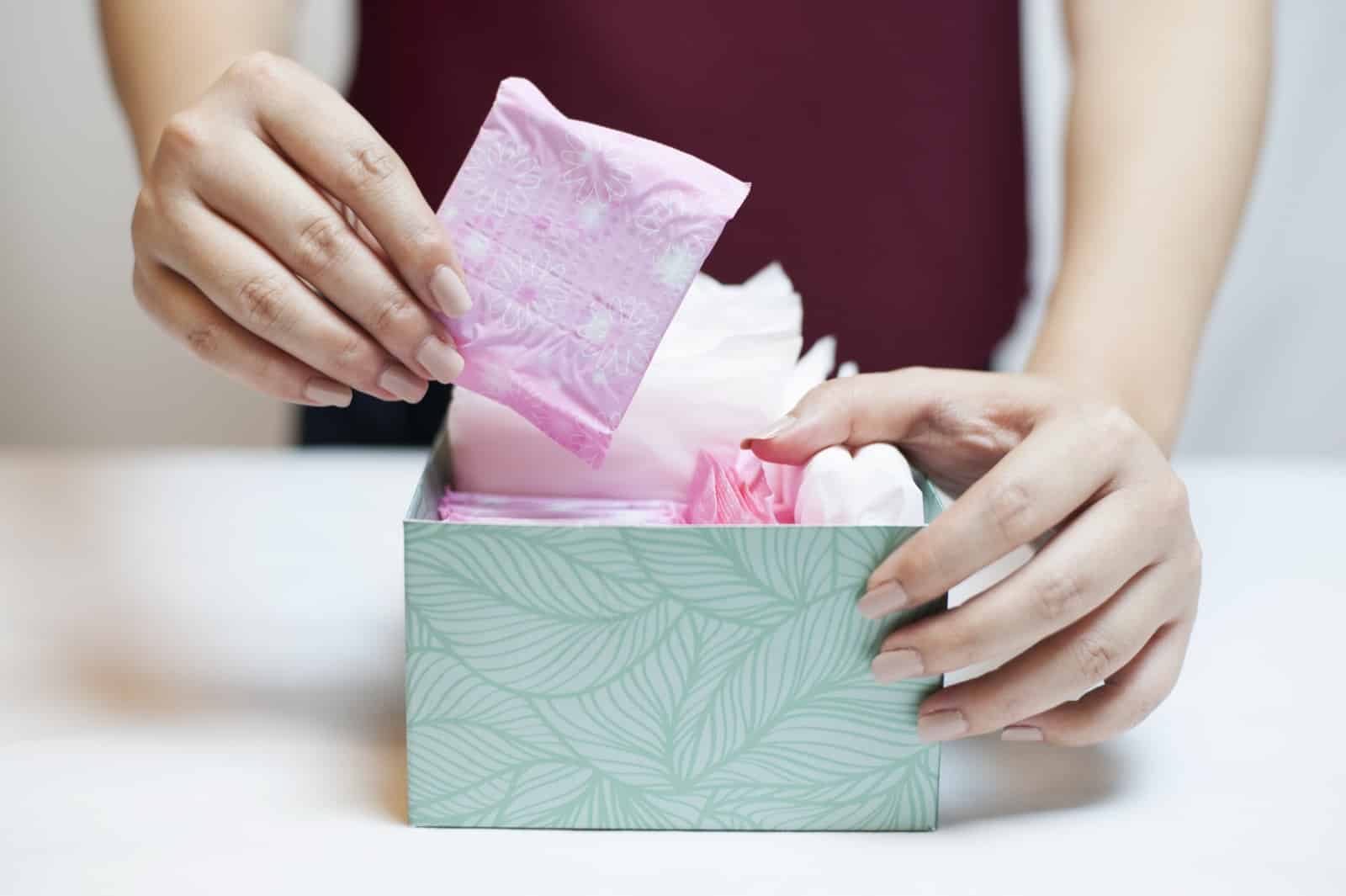In a world that’s sent rovers to Mars, you’d think we could handle the conversation around periods without blushing, right? Yet, here we are, tiptoeing around a natural bodily function like it’s a secret society. Period shaming: it’s outdated, it’s nonsensical, and frankly, it’s getting old. So, how do we kick this antiquated attitude to the curb? Get ready, ladies, because we’re about to tear down the walls of the crimson fortress, armed with the facts, and unwavering confidence.
1. Normalize Period Talk

Let’s start by naming “That Which Must Not Be Named” — or in this case, calling a period a period. There’s nothing shameful about discussing menstruation. It’s like talking about the weather, except with more predictability for some.
2. Educate Everyone

Menstruation education shouldn’t be an all-girls’ secret meeting. Let’s bring everyone into the conversation — yes, that includes men, too. Understanding fosters empathy and reduces stigma.
3. Ditch the Euphemisms

“Aunt Flo is visiting,” “Shark week,” “On the rag” — creative, but let’s just say period. Clear communication can demystify menstruation and strip away the silliness that surrounds it.
4. Period Products in Every Restroom

Imagine if toilet paper was as scarce as period products in public restrooms. Absurd, right? Stocking tampons and pads in all restrooms acknowledges periods as a basic biological function.
5. Combat Period Poverty

Period products are a necessity, not a luxury. Supporting initiatives that provide free access to these essentials is crucial in dismantling the shame associated with menstruation.
6. Challenge Media Representation

More period-positive plots in movies and TV, please! Let’s see characters deal with periods in a way that’s real and relatable, not as a comedic device or a taboo.
7. Celebrate Menarche

The first period is a rite of passage, not a whisper-worthy event. Cultivating a culture that celebrates this milestone can change the narrative around menstruation.
8. Open Dialogue at Work

Need a day off because your cramps are unbearable? Let’s make that a normal and acceptable conversation to have with your boss, without the cryptic dance around the reason.
9. Support Period-Friendly Policies

From menstrual leave to access to free period products, supporting policies that acknowledge menstrual health is a step toward dismantling period shame.
10. Advocate for Better Health Research

More research into menstrual health can unearth solutions to common problems, proving that period issues are worthy of attention and investment.
11. Encourage Men to Speak Up

Menstruation isn’t just a “women’s issue.” Men can be allies by educating themselves, challenging period stigma, and supporting menstruators in their lives.
12. Break the Silence on Social Media

Social media is a powerful tool. Sharing experiences, facts, and support can contribute to a wider cultural shift towards period positivity.
13. Redefine “Discreet”

Why should tampons be hidden on the way to the bathroom? Carrying period products openly can be a silent protest against period shaming.
14. Challenge School Curriculums

Sex education should include comprehensive menstrual education for all students, fostering an environment of understanding and respect from a young age.
15. Lead by Example

Ultimately, changing the narrative starts with us. Be open, be unashamed, and be vocal. Your attitude can influence those around you, sparking a chain reaction of period positivity.
Breaking the Cycle

So, here we are, armed with 15 ways to kick period shaming to the curb. Will it be easy? Probably not. But is it necessary? Absolutely. The road to dismantling menstrual stigma is long and fraught with outdated attitudes, but every conversation, every open dialogue, and every challenge to the status quo brings us one step closer. Who’s ready to lead the charge?
The post 10 Ways to Stop Period Stigma first appeared on Pulse of Pride.
Featured Image Credit: Shutterstock / Karolina Grabowska.
For transparency, this content was partly developed with AI assistance and carefully curated by an experienced editor to be informative and ensure accuracy.

